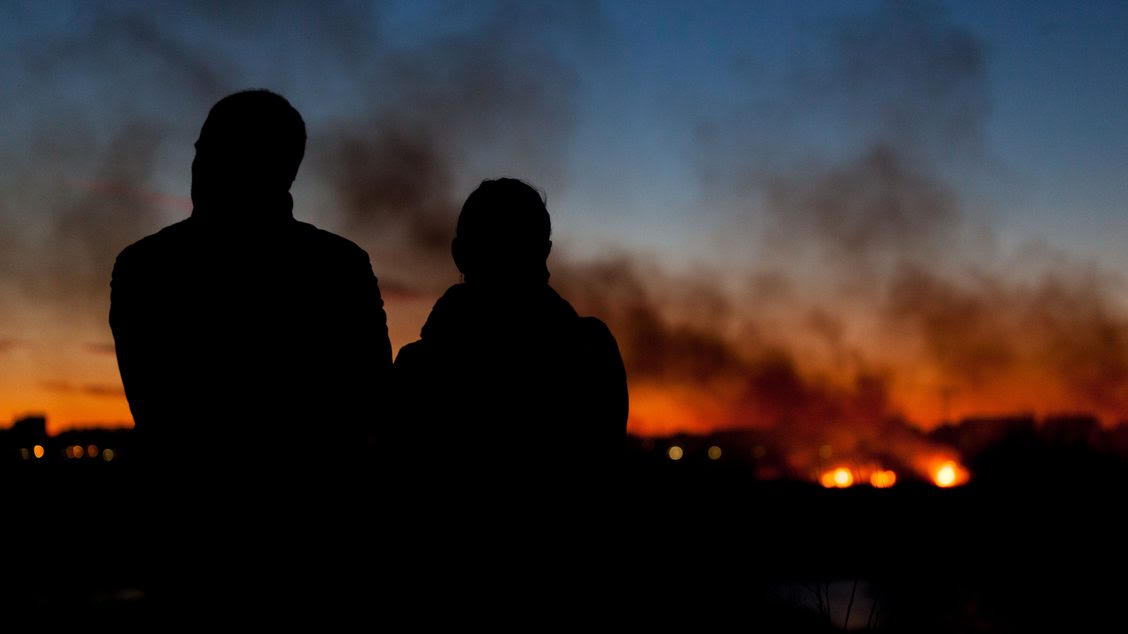Posted by Johann Nacario — March 17, 2023 — Large-scale urban fires, like wildfires or chemical fires as recently experienced in East Palestine, Ohio, may pose unique hazards to nearby communities not just during the fire, but in its aftermath.

CIRI offers resources for managing hazardous dust after a community fire event. Image courtesy of CIRI
While people may primarily associate air and water contamination with the combustion products of a fire, there is an often-overlooked hazard of residual dust. This dust can be hazardous to communities since it contains a chemical history of the fire and can settle in soil, migrate into waterways, and infiltrate homes and buildings. By doing so, the dust may present chronic or long-term health risks for the community that require careful mitigation over time.
The Chemical Insights Research Institute (CIRI) of UL Research Institutes shares some tips for managing dust removal and exposure. CIRI reference materials also include how to make an economical DIY air cleaner for particle removal.
Review the CIRI documents below for more information and guidance on the health hazards of residual dust, strategies for removal and cleaning, and ways to better protect public health after these events.
Resources:
- Technical Brief: “When the Dust Settles: Reducing Chemical and Particle Health Risks Following a Large-Scale Urban Fire”
- Application Note: “Strategies for Cleaning Hazardous Settled Dust after a Smoke Event”
- Application Note: “Strategies to Protect Air Quality During Wildfires: Considerations for Do-It-Yourself Filtration”




